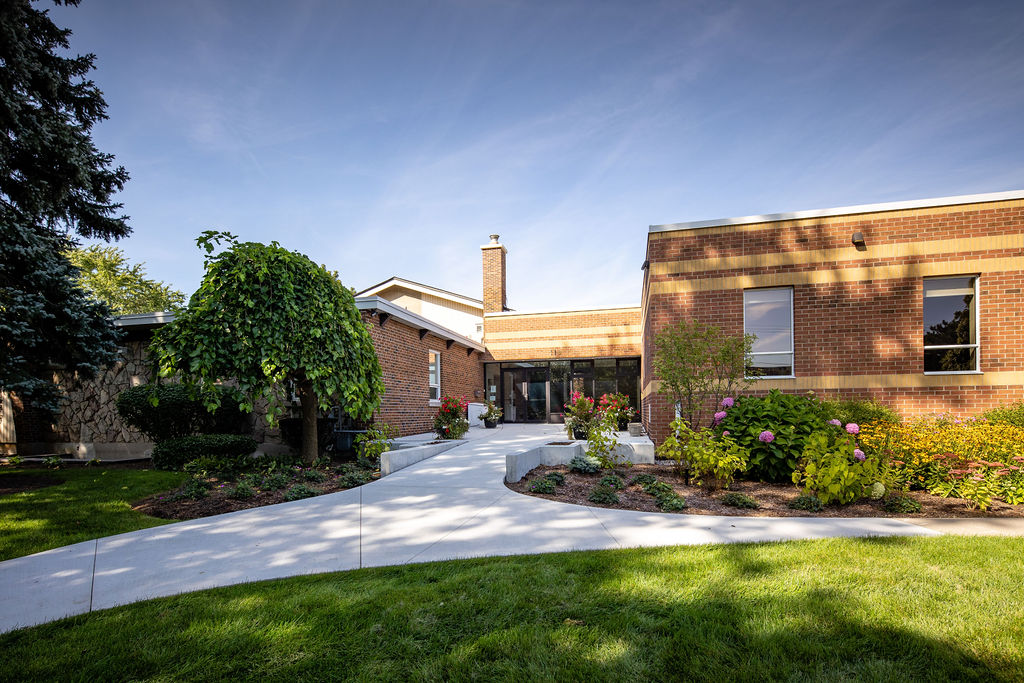Preparing
What should I include in my pre-seminary studies? What else should I be thinking about?
At this point your thoughts about going to seminary may well have a certain direction to them. You’re leaning toward doing it. Or you’ve decided this is something you want to do, the Lord willing. Wonderful! Now what? Even though you may still have some mixed emotions (don’t worry, so does everyone else), here is another video, as well as some more FAQs and resources connected to pre-seminary preparations.
Key Takeaways
- Pre-seminary studies should focus on the humanities, but other undergraduate concentrations are possible
Learning Hebrew and Greek well helps preachers interpret Scripture with faithfulness and depth
Involvement in your local congregation is good preparation for seminary
First, much of the information below pertains to our MDiv program that prepares someone for ordained ministry. But if you are considering another program, our BTh or Diploma of Theological Studies webpages have the information you need. And if you need more advice, please ask us.
Second, since the MDiv is a master’s level degree, the most common way to prepare, and the one we recommend, is to obtain a Bachelor’s degree that focusses on the humanities, particularly in areas such as English, history, and philosophy. That being said, the key thing is that your Bachelor program hones your skills in research, critical thinking, and writing. In fact, students come to seminary with a wide range of undergraduate studies. Some also have undergraduate studies in the sciences. More details on pre-seminary studies can be found by clicking here. Remember, if you have questions or need advice, do not hesitate to ask us. We’re here to help.
Our Lord gave us his holy Word in the Hebrew (as well as some Aramaic) and Greek languages. Languages have many nuances, and they simply take time to learn. It’s been said, “A little knowledge can be a dangerous thing.” That’s true for interpreting God’s Word as well. Sometimes preachers learn a bit of Hebrew and Greek, but they don’t really know how the language works, let alone appreciating some of the more subtle nuances. Realistically, they could end up making assertions about “what the Bible really says” that are not really true. We want to avoid that problem as much as possible.
Before seminary, we require one year of Hebrew studies but strongly recommend two years. We also require two years of Greek studies. (The reason for the difference is that it is harder to find undergraduate Hebrew courses.) Then, once you’re in seminary you’ll receive intensive training in the original languages in your freshmen year, as well as smaller, “keep-it-up and refine your knowledge” courses in the remaining three years. The goal is that you become sufficiently competent in the original languages of God’s Word that you will continue using them in the ministry. If you do not reach a sufficient level of competence while in seminary, you will likely end up not using them in the ministry or, as we said, making incorrect assertions about Scripture. For more detail on our original language requirements, please click here.
At seminary we are not preparing you to be scholars in the classics. We are not expecting that you’ll be able to translate long passages from ancient Latin or Greek poets. Although, if you can, that’s great!
Rather, our focus at seminary is reading theological writings. Especially in dogmatics and in certain tools for biblical studies, phrases and short sentences in Latin appear. After all, Latin was the language of the church for many centuries. We want you to be able to understand those phrases and sentences. That’s why we require a basic familiarity with Latin before you come to seminary. The bonus is that Latin also helps you learn other languages. The sooner you can take this pre-requisite the better.
Absolutely! Of course, you are leading a busy life, so you keep things in balance. Don’t run out of steam before you even get to seminary. However, regular involvement in Bible study groups and outreach initiatives, as well as perhaps some catechism teaching, will stand you in good stead. Why not talk to your local pastor or your elders and discuss what opportunities may be available to you? During your seminary studies you will be involved in the internships that are part of our Pastoral Training Program. You’ll receive lots of practical experience then. But if you have room in your schedule now, you can gain some extra experience ahead of time.
Here are three things to consider. First, solidify a regular devotional life. Drawing joyfully and frequently from the wells of salvation is good for everyone, but certainly no less for those preparing for gospel ministry. Second, do what you can to improve your time management skills. Seminary and the ministry lead to busy lives with important deadlines. The more skilled you become at making the most of your time, the better it will be. Third, broaden your understanding of Scripture and the truths that it contains.
If you are admitted to CRTS, you will be required to obtain a study permit, but don’t worry, we will help guide you through the process at that time!

Visit CRTS
Sit in on classes and chapel. Meet with faculty. Talk to current students. Join one of our scheduled campus visit days for prospective students or arrange a visit that works with your schedule. Contact the Registrar’s office for more information.